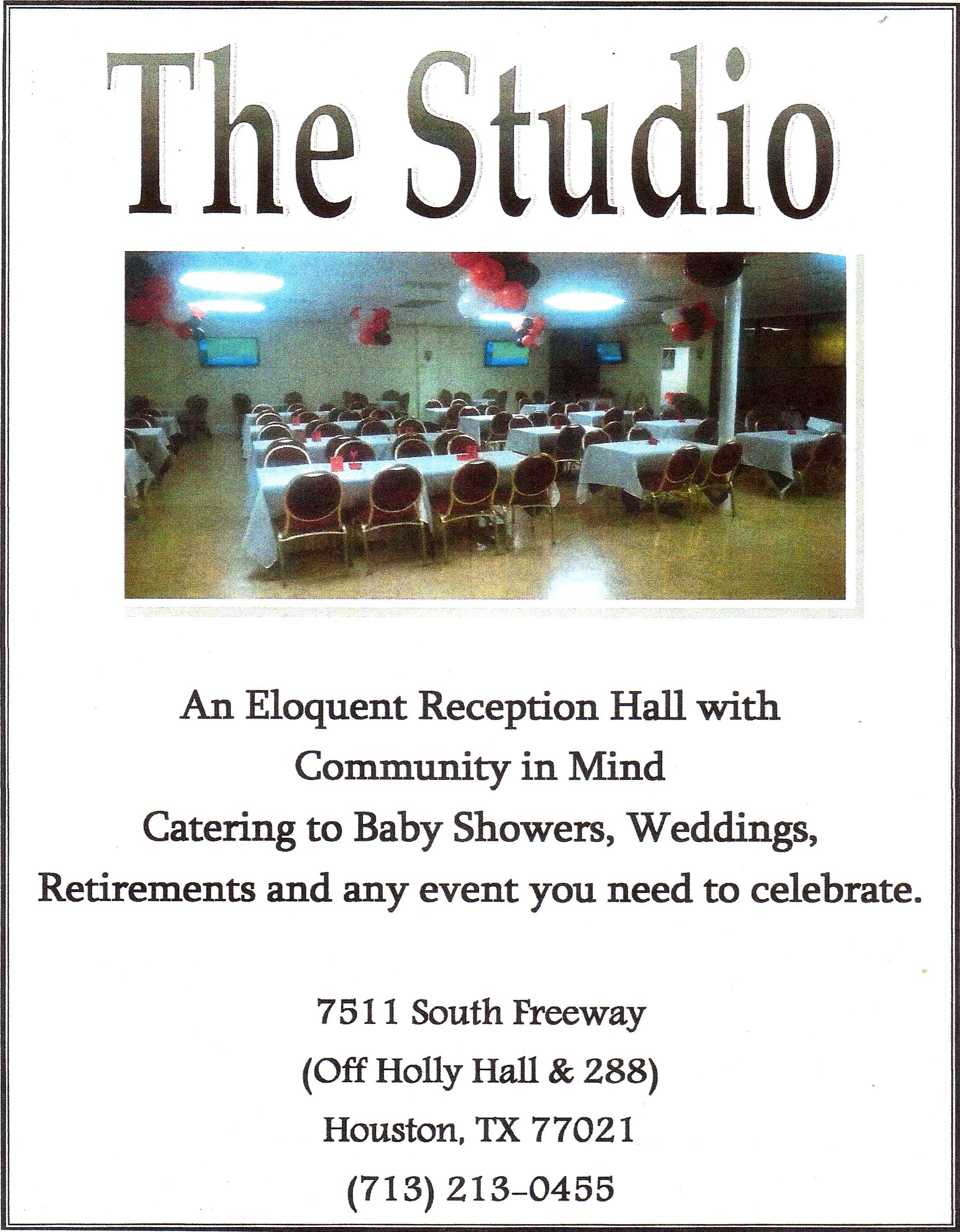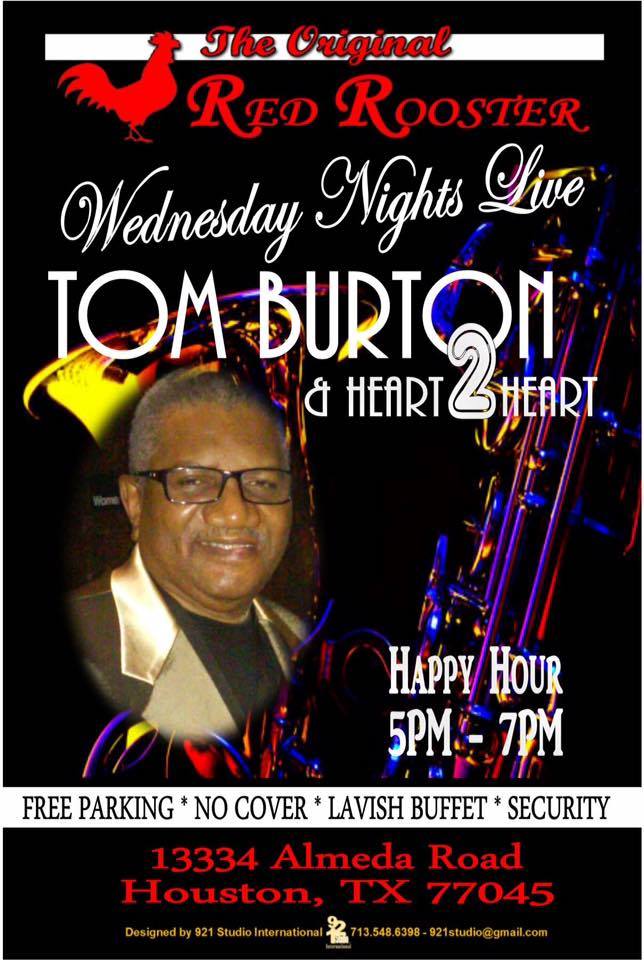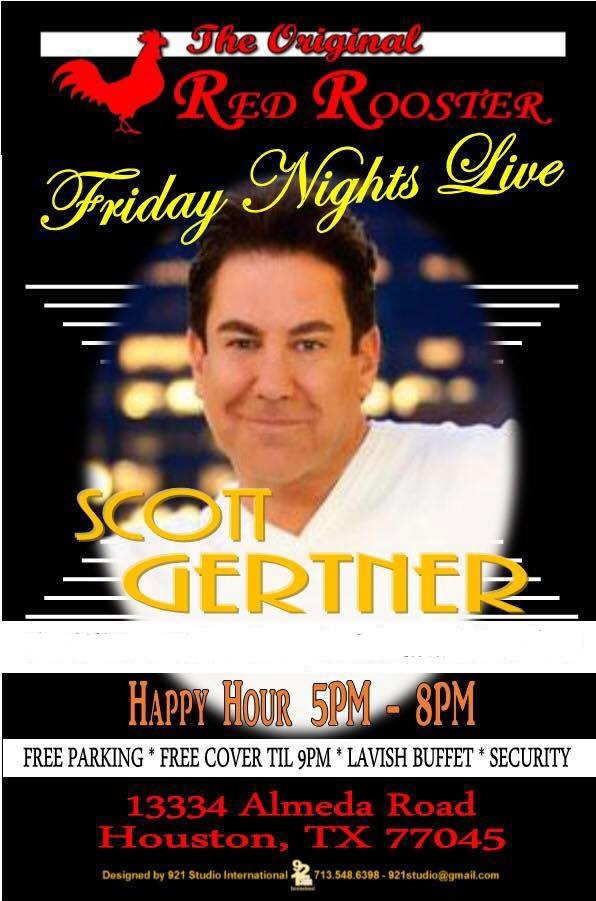It's Close To Impossible to Be Homeless In Houston Without
Breaking The Law
It's
mid-afternoon underneath the U.S. 59 overpass in Midtown and
Spencer Stevens is cooking chicken on his grill.
His breakfast — eggs — is beside him in a carton, and the
pan he used to cook them rests atop some bricks. He in a comfy
office chair outside the tent where he sleeps at night. Being
homeless, he said, is like being in the reality TV show Survivor.
“You have to be self-sufficient out here,
or you will not make it,” Stevens said. “The people that
come out and feed, they bring sack lunches sometimes, which
consists of bologna sandwiches. But if you want to eat the
things that you want to eat, for your own survival, you have
to have a grill.”
Stevens became homeless a year and a half
ago after losing his job as a forklifter around the same time
he was diagnosed with congestive heart failure. Having the
heart disease has essentially barred him from doing any other
similar manual labor jobs, he said, because he can't pass the
physical. He says he believes that the city will help him with
housing, as it has thousands of others like him since 2012,
and he is now on the waiting list.
But in the meantime, he says, he feels like
the city is forcing him into a homeless camp or shelter, where
he can't make the rules about his own life. Where he can't be
self-sufficient. Unfortunately for Stevens, virtually
everything about his daily life, from sleeping, to eating, to
his storage of his belongings, is slated to become illegal in
the city of Houston on May 12. In fact, it is already illegal
for people to come bring him and others around him bologna
sandwiches, unless they have a permit from the city.
That's thanks to various ordinances in
Houston, passed in recent weeks or years, that advocates say
have criminalized homelessness to the point that, if you end
up on the streets in Houston, the most you can do without
ending up in cuffs is sit on a piece of cardboard in the grass
and keep to yourself.
Here is a list of everything that a homeless
person can get arrested for within Houston city limits, or
that others can get arrested for if they try helping them
without permission.
1. They can't block a sidewalk, stand in
a roadway median or block a building doorway. (AKA they can't
panhandle).
Just so that there's no confusion, the anti-panhandling
ordinance passed April 11 explicitly states that city
employees or agents are allowed to stand on the sidewalk or
road median to solicit money on behalf of a nonprofit
corporation, group or other organization. Because asking for
money while wearing suits is much more societally acceptable.
Punishment: Arrest and fine up to $500
2. They also can't do any of these things
— blocking walkways — under state law that already
existed.
But having a redundant city ordinance certainly gets the
message across loud and clear. And hey, maybe it's nice of the
city to give police officers options: They can arrest you
under state law — much meaner — or just the plain ol' city
law!
Punishment: Arrest and jail time up to
six months and/or fine up to $2,000
3. They can't sleep in tents, boxes or
any other makeshift shelter on public property.
But it is completely acceptable to sleep on cardboard on the
ground. They just can't have roofs like the lucky rest of us.
The city said that the anti-encampment ordinance is about
safety, both for the homeless people living in encampments and
for neighbors in surrounding area. Encampments, a spokeswoman
told us, are prime areas for drugs or illicit activity.
Stevens said that officers came by U.S. 59
the other day to inform everyone that, on May 12, anyone in
tents will have to leave (just the tents — again, cardboard
slabs: fine). “The reason why they're taking the tents, they
say that when they come by they can't see inside. They want to
know what we're doing,” Stevens said. “As long as we live
out here in the public, apparently we have no right to
privacy.”
Punishment: Arrest and fine up to $500
6. They can't trespass on private
property under state law.
For example, if they set up their cardboard slab in field of
grass they didn't know was private property—or they were
trying to find shelter by sleeping underneath building awning
because they're not allowed to have a roof anymore — they
can be arrested for trespassing. One homeless, schizophrenic
man the Houston Press featured in a story about the
intersection of mental illness and jail was arrested for going
into a school building at Texas Southern University, where he
wanted to one day study.
Punishment: Arrest and jail time up to
six months and/or fine up to $2,000
4. They also can't have heating devices.
Stevens isn't sure what he's going to do with his small grill.
He bought it using money he saved up. Apparently, back to
bologna sandwiches.
Punishment: Arrest and fine up to $500
5. They can't carry around belongings
that take up space more than three feet long, three feet wide,
three feet tall.
This is also under the anti-encampment ordinance. The City of
Houston has been cleaning up belongings and trash left behind
by homeless people (the city is adamant that the stuff is left
behind, not currently belonging to people). But under the
ordinance, having large belongings apparently can lead to
confiscation by police. As homeless people explained to Mayor
Sylvester Turner while testifying against the ordinance:
"You tote your life in a bag when your homeless. You
literally have to tote your life in a bag."
Punishment: Arrest and fine up to $500
6. People can't spontaneously feed more
than five homeless people without a permit.
Feeling compassionate and decide to make a bunch of peanut
butter sandwiches to hand out to people underneath a bridge?
Or give a load of leftovers from dinner to a homeless family
of five sitting on the sidewalk? (Are they in your way?
Illegal!) That's really nice but you can't feed the homeless
without permission. Mayor Annise Parker's administration
passed the city's anti-feeding ordinance in 2014.
Attorneys Eric Dick and Randall Kallinen
sued the city last week on behalf of a Christian man who often
feeds the homeless tuna and crackers that he keeps with him
for whenever he sees hungry people. The plaintiff, Philipp
Bryant, says that the ordinance violates his religious freedom
by forcing him to get permission whenever he feels like being
a Good Samaritan.
“These are mean-spirited laws,” Dick
said, referencing the charitable feeding ban and
anti-encampment ordinances. “They're un-American. It's a
mandate: Take [help at a shelter] or go to jail. You'll either
be fed at a shelter or you'll be fed in jail.”
Dick said that, if the city is concerned
about homeless people congregating to do “illicit
activity,” then why doesn't it arrest them for doing the
alleged illicit activity instead of creating new,
controversial ordinances that open the city up to lawsuits and
make homeless people feel even more unwanted?
As one 59-year-old homeless man, a Navy
veteran reading a book under U.S. 59, told us: “They say,
'if you don't leave, we're gonna arrest you.' Why? Is
incarceration the answer to every problem in life?”
|













